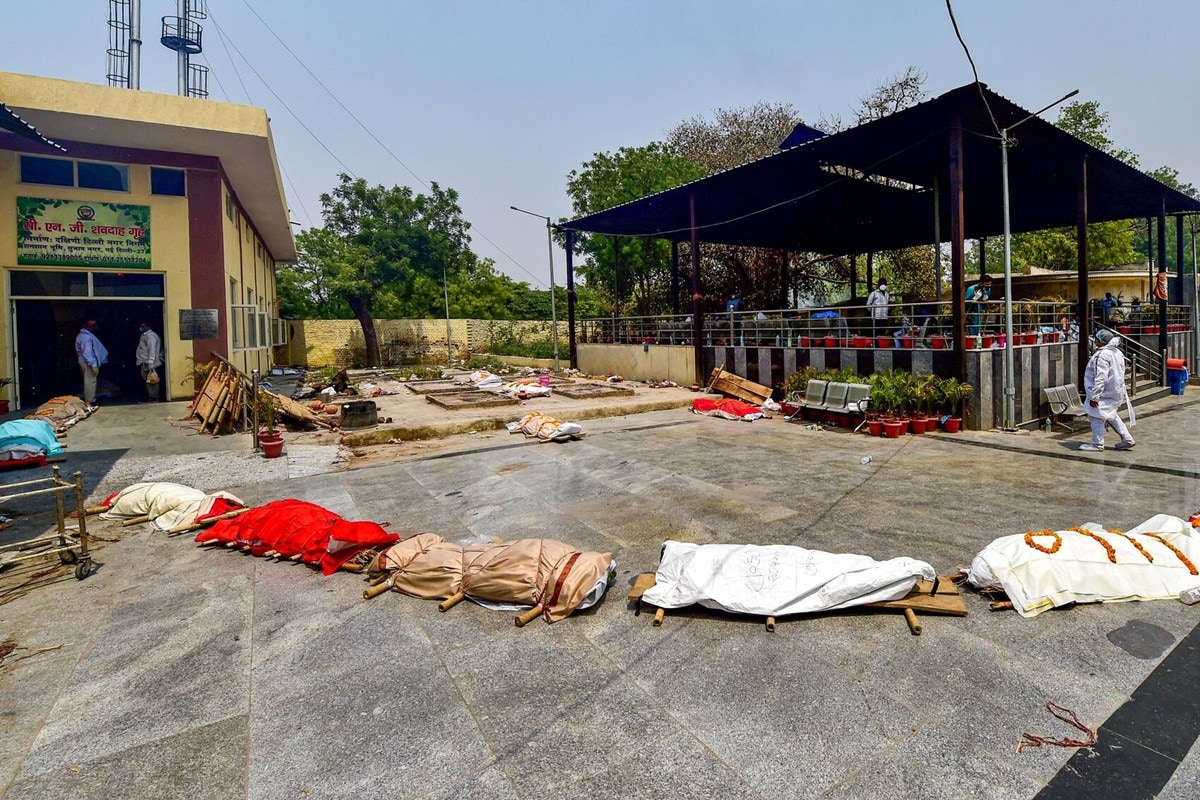As per the WHO report, dated 11th August 2021, Covid-19 cases all over India are minimal and on average of 35000 cases are being reported, in which eight states have shown an increase in cases while twenty-six states have shown a decline in the same.
A higher decline has been reported from Dadar and Nagar Haveli, Uttarakhand, Sikkim, and Tripura. On the other side, in Kerala, on a daily average of 19000 cases are being reported. At many places, states have issued functioning at full capacity.
Denial is a very strong defense as well as a coping mechanism that the body makes use of when things do not seem reasonable to them.
It provides the person with sufficient time to adjust to a situation. It is effective in short-term cases, while on the other hand, if left unbothered, it may get prolonged.

This can make the person more prone to failure in adapting to a future situation of the same kind, as the body accepts the fact that entirely denying something is the best way to reduce the effects. Note: it shouldn’t be confused with rationalism.
Since the spread of Covid-19, not only has it impacted the physical health of the people but also challenged them psychologically. That’s how denial has become increasingly common.
It is not unusual to hear people say “it’s just a virus”. While yes, it is a virus, but the intensity is far more than any other note. People have denied obvious studies and hence have started treating it as just flu that doesn’t need much attention and will go away soon.
This is seriously dangerous as it may result in complete negligence leading to further add to the growing cases.
In rural areas, people never even believed that Covid-19 ever existed. They have been in a constant state of denial.
Moreover, in the Golden Temple in Amritsar, entry with the mask is banned because of their religious beliefs. This ignorance doesn’t just have psychological factors to blame but also cultural, social, and political.
A video that I came across on Instagram had an interview of a lady from a village stating how vaccines aren’t important, but going to satsangs (musical galas to please and celebrate gods) will save the folks from the hands of the virus.
Rumors about vaccines being fake and tests harming the body also contributed to making the elderly nervous and skeptical about it.
A proportion of the population may be carefree but many are fearing the news about the third wave. The economy has been shaken, the entire country, as a matter of fact, witnessed turmoil and thus the third wave is the last thing we want.
The Delta variant, according to recent studies, is 40-50% more contagious than the Alpha. Dr. Mishra says, “The Delta variant is unlikely to cause another wave in places it has been dominant. But if a new strain emerges, it can lead to a spike in previously exposed populations”.
Currently, it is debatable if the third wave is certain, but being cautious will do us no harm. Dr. Scaria, of the Institute of Genomics and Integrative Biology, has made it clear that the emergence of the third wave will be completely dependent on human behavior.
“Human behavior is as important, if not more, in creating a wave. If the right variant reaches the right population, it will create a wave.” “You can’t really prevent that. But you can always be prepared for it.”